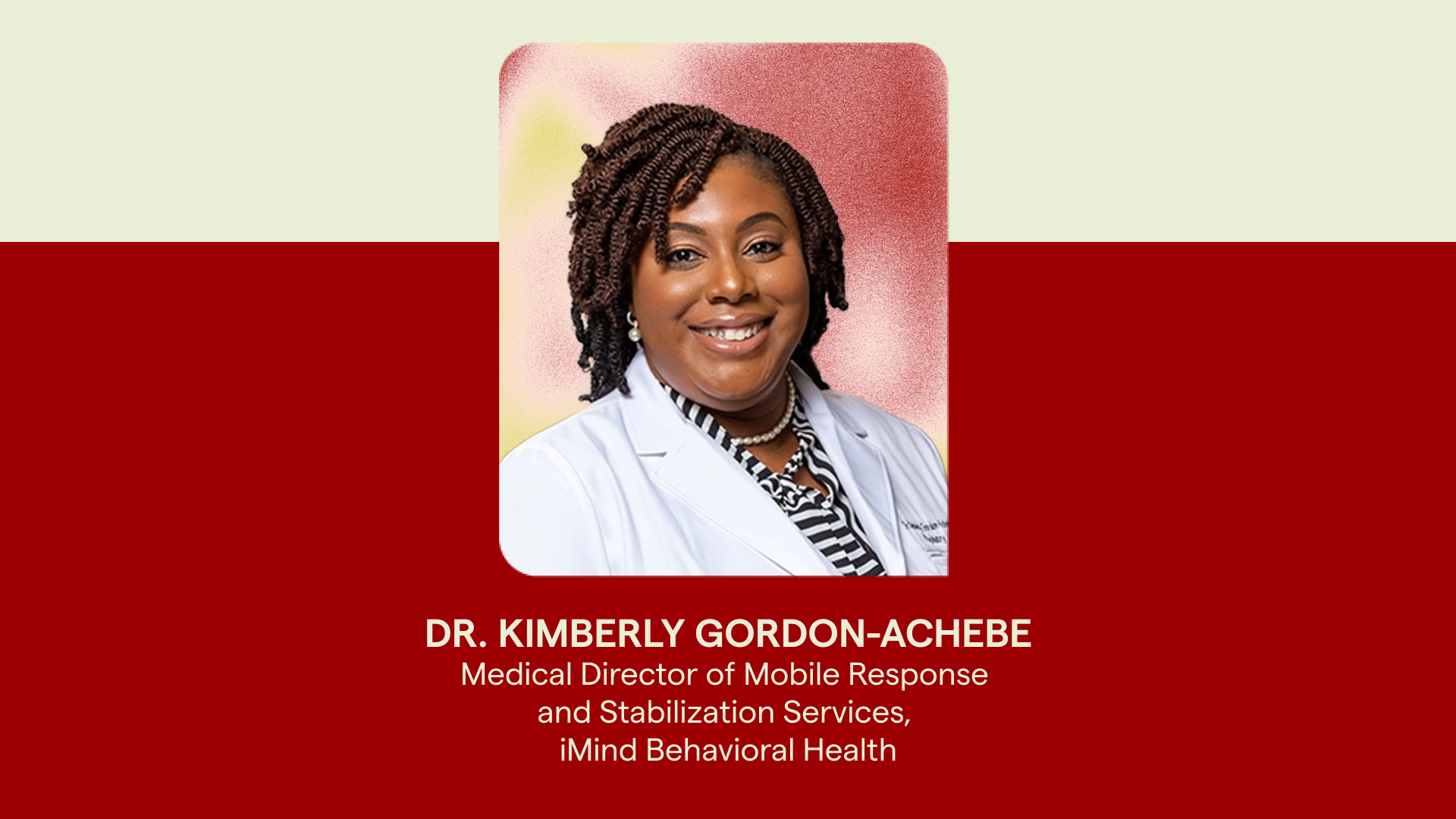
This article is the fourth article in a series profiling how four Canadian mental health organizations transitioned their services to adapt to the COVID-19 pandemic. This is the final article of the series which looks at what happens next for these services, and the lasting (or temporary) impacts these changes will have on their organizations.
The mental health organizations included in this series are:
- York Hills Centre for Children, Youth and Families
- Catholic Family Services of Toronto
- Queen Square Family Health Team
- DBT Hamilton
York Hills Centre for Children, Youth and Families have experienced many silver linings connected to their move to remote service delivery. Many of the new services that were implemented as a result of the pandemic, including the phone counselling service (Here 2 Help), webinars, and video counselling will all continue even when concerns around COVID-19 subside. Making these services permanent will provide their clients with more options and accessibility, as they are able to choose what service best suits their needs. Clinical Director Simone Shindler shared that their transition to remote service delivery has allowed staff to explore new avenues to creatively reach people. Simone Shindler said, “We started a YouTube channel, have begun thinking about implementing a text-based service for youth and we have been strengthening our social media platforms to communicate our services and share psychoeducational material. Overall, outreach to families that otherwise may not have been able to access services has greatly expanded”.
Catholic Family Services of Toronto also shared some positive experiences and lasting impacts that have resulted from the transition to remote service delivery. Florence Loh, Manager of Programs, shared that the pandemic has resulted in the organization shifting their perspective on home and work life balance, which has resulted in the consideration of adopting a hybrid work model, integrating both remote services and in-person services in the future. This may allow staff more flexibility and balance in their work schedules, as they can enjoy the advantages of the in-person work environment and the comfort of working from home.
Queen Square Family Health Team also noted that the pandemic will have lasting impacts on their practice. The team has received positive feedback from both clients and clinicians and have decided that they will continue to offer some level of virtual care after concerns around COVID-19 decrease. Noreen Syed, Clinic Program Manager shared, “Due to the pandemic, we now have virtual care protocols established and our staff are becoming comfortable with virtual counselling. Though we do not have a formalized plan yet in terms of providing virtual care long term, it is likely that this is the direction we will go in”. Another silver lining this clinic has experienced is that moving forward, clinician’s will likely have the option of working some days from home, creating a better work-life balance and potentially enhancing the clinic’s staff retainment as they will have more flexibility and choice around service delivery. Additionally, Noreen shared that prior to the pandemic the office space may have played a role in hindering the team’s growth. “In the office you have one individual tied to one desk, or one office phone. Now that people are removed from the office, our landline is gone, and all extensions go through work laptops. In the future, this could mean that staff can share mutual office spaces, working some time from home, some time in the office. We can be more resourceful with space and therefore have more opportunity to expand our team”.
Like the other organizations and mental health clinic’s interviewed, DBT Hamilton plans to continue virtual services in some capacity when concerns around COVID-19 subside. Lisa Burckell, founder of DBT Hamilton, shared that they plan to survey clients to find out what their experiences with remote service delivery has been like, and if they have any feedback for the clinic. They will then use this feedback to inform their plans for remote service delivery in the future. Similar to Queen Square Family Health Team, DBT Hamilton’s staff have also started to rethink office space and how it can be restricting. Lisa shared that in the future, the clinic hopes to offer more flexibility for clinicians to work part-time of full-time remotely.
Conclusion…
Though the COVID-19 pandemic has resulted in dramatic changes to traditional mental health service delivery, each of these organizations was able to find a silver lining. It appears that the changes that resulted from the pandemic will have lasting impacts on how mental health services are delivered and may provide individuals with greater choice in terms of how they access services in the future.












